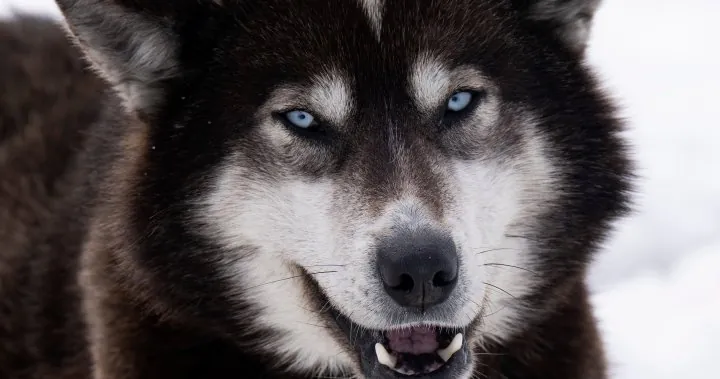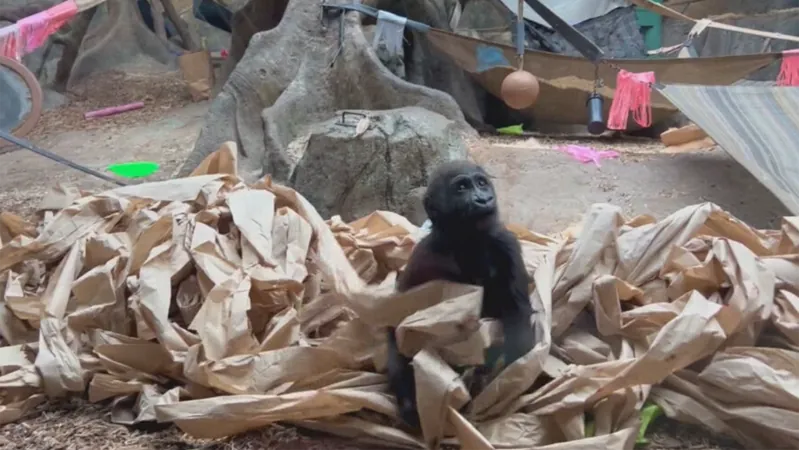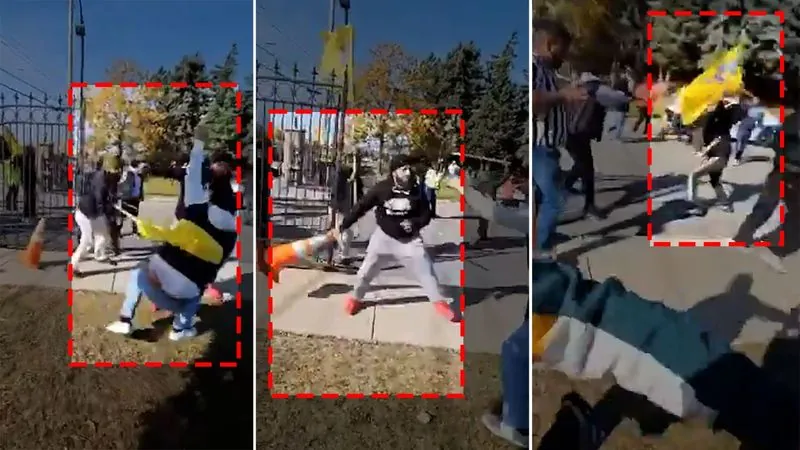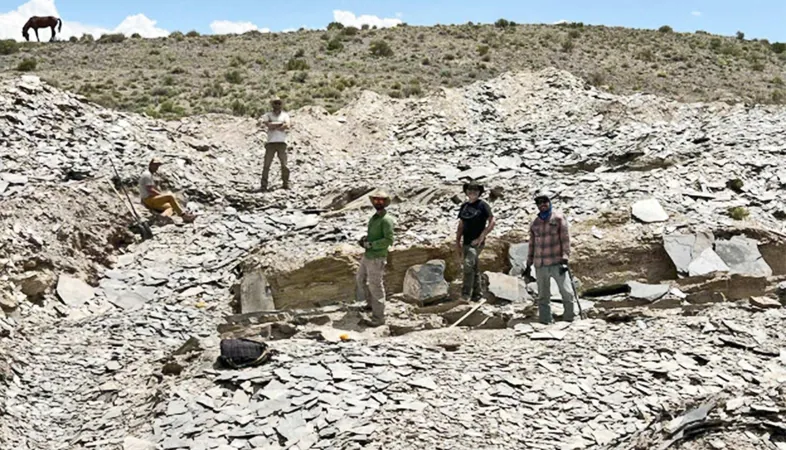
Historic Apology: Ottawa Distributes $45M Compensation for Sled Dogs Massacred in Nunavik
2024-11-24
Author: William
Historic Apology and Compensation
In a significant move for reconciliation, the federal government of Canada has formally apologized for its involvement in the mass killing of sled dogs in Nunavik during the mid-1950s to late 1960s. This tragic chapter in Inuit history saw thousands of dogs slaughtered, significantly impacting the communities that relied on them for their traditional way of life.
Details of the Apology
During an emotional ceremony in Kangiqsujuaq, a remote Inuit village in Northern Quebec, Crown-Indigenous Relations Minister Gary Anandasangaree announced a $45 million compensation package aimed at supporting the Inuit people affected by this brutality. "The dog slaughter occurred across Nunavik, spreading grief and devastation," said Anandasangaree. "For this, words are not enough to express the sorrow and regret we feel. On behalf of the government of Canada and all Canadians, I am truly sorry."
Background on the Tragedy
This apology comes more than 14 years after former Quebec Superior Court Justice Jean-Jacques Croteau released a comprehensive report documenting the killings. His findings indicated that Quebec provincial police officers killed over 1,000 dogs without acknowledging their crucial role in supporting Inuit families. The government’s inaction and ongoing policy changes, notably the establishment of mandatory schooling and residential schools, significantly contributed to this crisis.
Taking Accountability
Anandasangaree took full accountability during his address, noting how federal authorities stood by as the slaughter continued. He also acknowledged the pain caused by previous governmental responses that failed to adequately confront the issue, including a 2006 RCMP report that was particularly distressing for the Inuit community.
Community Reactions and Hopes for the Future
The call for a federal apology had been a persistent demand from Makivvik, the organization representing Nunavik Inuit. Its president, Pita Aatami, expressed hope that this acknowledgment would provide a sense of closure for those affected. "When I hear the stories from elders whose dogs were killed, the anguish they endured is palpable. Their way of life, their means of hunting and gathering, was stripped away."
Allocation of Funds and Cultural Revival
The newly allocated $45 million is intended for initiatives to revitalize sled dog culture among the Inuit, which includes funding for training, dog food, and fencing. Historically, Inuit followed practices that ensured the health of their dogs, which went into decline when Western practices were imposed. Aatami pointed out that efforts to restore the tradition of dog ownership are vital for cultural revival.
Looking Forward
While some of the funds will serve as direct compensation, details on distribution are still being determined, leaving many Inuit hopeful yet cautious. Aatami reiterated that the compensation is just a starting point, with future goals that include funds for mental health support and healing. Initially, Makivvik had requested $75 million, indicating the deep ecological and cultural loss the community is working to address.
Historical Context and Ongoing Reconciliation
This latest apology from the federal government underscores a continued commitment to reconciliation with Indigenous communities. It prompts reflection not just on the past, but on the ongoing journey toward healing and restoration of Inuit culture throughout Canada's northern territories.
Conclusion: Seeking Tangible Change
As Ottawa takes a step closer to restoring trust, the question remains—will this apology lead to tangible change for those who endured years of suffering? Only time will reveal the true impact of this significant gesture in the quest for reconciliation.









 Brasil (PT)
Brasil (PT)
 Canada (EN)
Canada (EN)
 Chile (ES)
Chile (ES)
 España (ES)
España (ES)
 France (FR)
France (FR)
 Hong Kong (EN)
Hong Kong (EN)
 Italia (IT)
Italia (IT)
 日本 (JA)
日本 (JA)
 Magyarország (HU)
Magyarország (HU)
 Norge (NO)
Norge (NO)
 Polska (PL)
Polska (PL)
 Schweiz (DE)
Schweiz (DE)
 Singapore (EN)
Singapore (EN)
 Sverige (SV)
Sverige (SV)
 Suomi (FI)
Suomi (FI)
 Türkiye (TR)
Türkiye (TR)